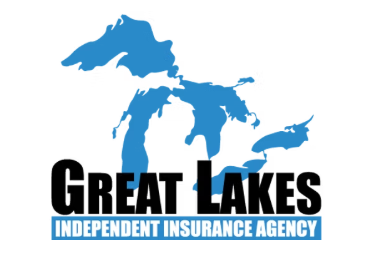
Cybersecurity Awareness: Safeguarding Against Medicare Scams
October marks both Cybersecurity Awareness Month and the kick-off to Medicare’s Annual Enrollment Period. It's a time when many of us, or our loved ones, feel the urgency to review healthcare plans and enroll in new ones. Unfortunately, this urgency also attracts scammers eager to exploit vulnerabilities. It's completely normal to feel concerned about potential risks during this time. This guide aims to be your ally, offering practical strategies to protect yourself and your loved ones from becoming victims of Medicare scams.
Understand Common Scam Tactics
Scammers are getting smarter, so we must get wiser. Look out for red flags such as unsolicited offers for “free” medical equipment or tests in exchange for your Medicare number. Be skeptical of threats about an expiring card or plan and harsh sales pitches designed to pressure you into making quick decisions. Always remember: if it sounds too good to be true, it likely is.
Be Cautious with Unexpected Contact
Medicare will never reach out to you via calls, texts, or emails asking for private details or payments. If you receive such communications, hang up, delete the message, and report it straight away. This simple action can thwart scammers who prey on unsuspecting individuals during the enrollment period.
Strengthen Your Digital Defenses
Safeguarding your digital life is crucial. Create strong, unique passwords and employ Multi-Factor Authentication where possible. Install reputable antivirus software and ensure your device software and security patches are up to date. Avoid clicking on unfamiliar links that may land in your inbox—these could be gateways for cyber threats.
Be Mindful on Social Media
Keep a close eye on the personal information you share online. Innocent-looking quizzes or posts asking subtle personal information can be cleverly designed data traps. Information collected through these means can be used to breach your accounts or guess answers to security questions.
Know How to Respond
Being prepared to act can protect you and your information. Here's a checklist: hang up on suspicious calls, block and report dubious messages, avoid engaging with unknown in-person visitors, regularly review your Medicare notices for discrepancies, and report any suspected fraud. You can reach out to the hotline at 1-800-MEDICARE or contact the local Senior Medicare Patrol for support.
Your vigilance is your first line of defense against scams. Remember, help is always available from Medicare and other trusted advisors. If you have questions or need guidance during the Annual Enrollment Period, don’t hesitate to reach out. Staying informed and cautious is key to safeguarding your personal and financial information.
